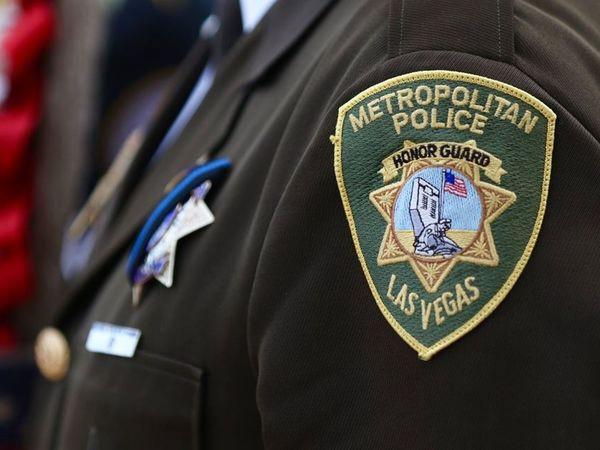Las Vegas area cops seizing millions of dollars from low-income people of color
Between July 2015 and June 2016, the Las Vegas Metropolitan Police Department (LVMPD) made $1.9 million from civil asset forfeiture, the law enforcement practice of seizing cash and property from members of the public and forcing them to legally forfeit those belongings. Now, evidence shows that the funds came from low-income, predominately non-white neighborhoods. According to […]

Between July 2015 and June 2016, the Las Vegas Metropolitan Police Department (LVMPD) made $1.9 million from civil asset forfeiture, the law enforcement practice of seizing cash and property from members of the public and forcing them to legally forfeit those belongings. Now, evidence shows that the funds came from low-income, predominately non-white neighborhoods.
According to a new report by the Nevada Policy Research Institute (NPRI), forfeiture took place in one-fourth of the zip codes under LVMPD’s purview. The targeted zip codes have both the highest rates of poverty and the highest percentages of non-white residents.
Nevada law only allows forfeiture of seized goods to occur when a person is convicted of a crime. Once they are found guilty, owners of the money or property have the opportunity to fight for their belongings in a civil court. They simply have to prove that the seized assets weren’t related to the crime. But the people targeted by Las Vegas police are generally unable to afford legal counsel to fight for their belongings, which are typically worth less than the price of an attorney, NPRI reports.
The organization concludes that civil asset forfeiture is “regressive in nature.”
“It targets the poorest, most racially-diverse areas in Clark County, and often the individuals caught within the web of forfeiture lack the knowledge and resources to effectively combat it, even in those instances where little evidence exists against them,” the report states. “The evidence therefore supports the position that the practice of civil asset forfeiture should be abolished completely.”
Just as law enforcement officials have railed against reform efforts and touted the virtues of the practice nationwide, local police and prosecutors argue that civil asset forfeiture has merit. They say it is a way to crack down on a robust drug trade in the state.
“(A driver is) going to say, ‘Well, that’s my money,’ and we’ll say, ‘That’s fine, give us your bank accounts, IRA, tax statements,’” Thomas Moreo, the chief deputy district attorney of Clark County, told the Las Vegas Review-Journal last year. “All of a sudden he has to start naming people. ‘I’m working for Joe Blow’s company.’ That gives us a name.”
But the fact that people are shaken down for money and other assets worth less than $1,000 indicates that they aren’t big-time drug traders with wads of cash.
For years, Moreo has also insisted that there is a fair court process by which assets are seized and forfeited. “This is a difficult concept to grasp if you believe that we take property or money from people. That is not what happens,” he told a state senate committee in 2015. During the committee meeting, he explained that the seized assets are held in court — not in the hands of cops or prosecutors — until a criminal case is finalized. If a defendant is found innocent, he or she gets those assets back. If the defendant is guilty, there is a legal mechanism to fight for the belongings. But the NPRI report shows that this type of legal action is easier said than done.
While the new report focuses on the LVMPD, the Nevada Attorney General Office from which NPRI pulled some of its data shows that civil asset forfeiture is lucrative for law enforcement officers in other parts of Clark County as well. Two police departments outside of Las Vegas made around $650,000 during the same time period analyzed in NPRI’s report.
Due to law enforcement pressure to maintain the status quo, changes to the state’s forfeiture law aren’t likely to be made soon. Early this year, a Democratic senator in the state legislature — who also serves as a deputy district attorney in Clark County — recently helped kill a reform bill dead in its tracks.
